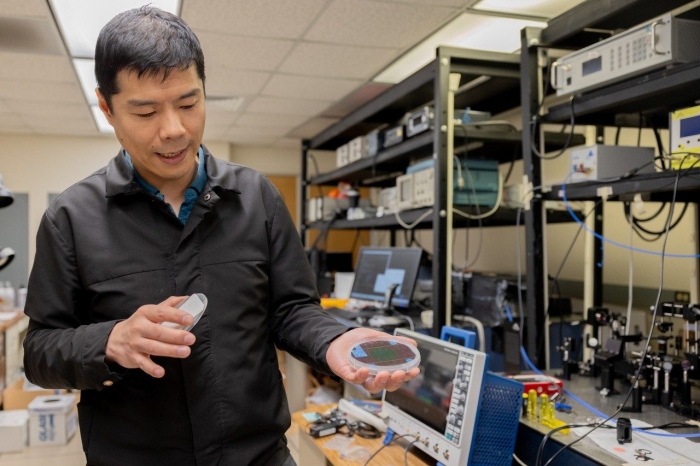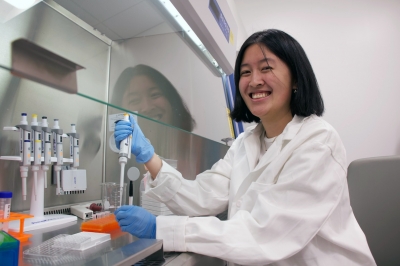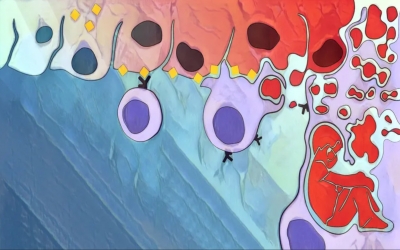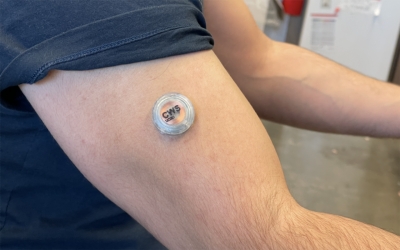 courtesy: Virginia Tech
courtesy: Virginia Tech
- Written by Moderator
The future of health care is in our cells
Featured With a groundbreaking technology called nano-optoelectrodes, Virginia Tech associate professor Wei Zhou is working on a new way to make health care more personalized.
Read more...




